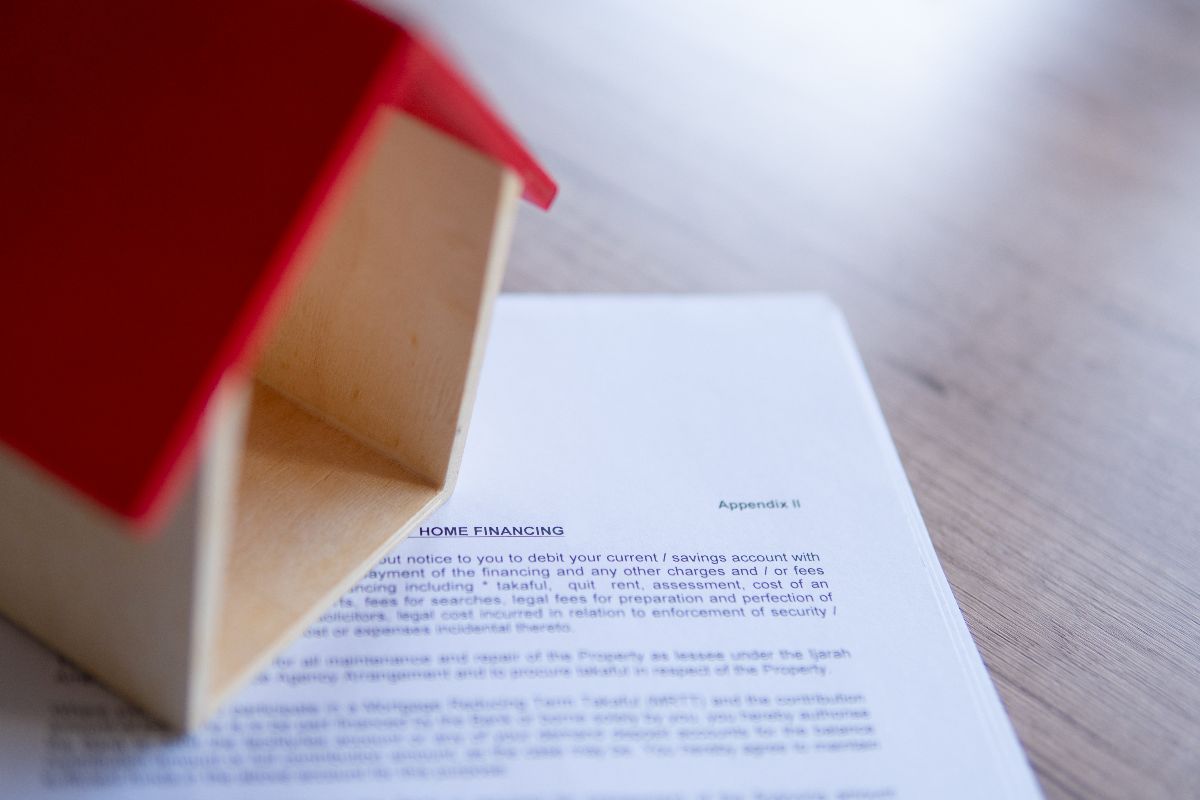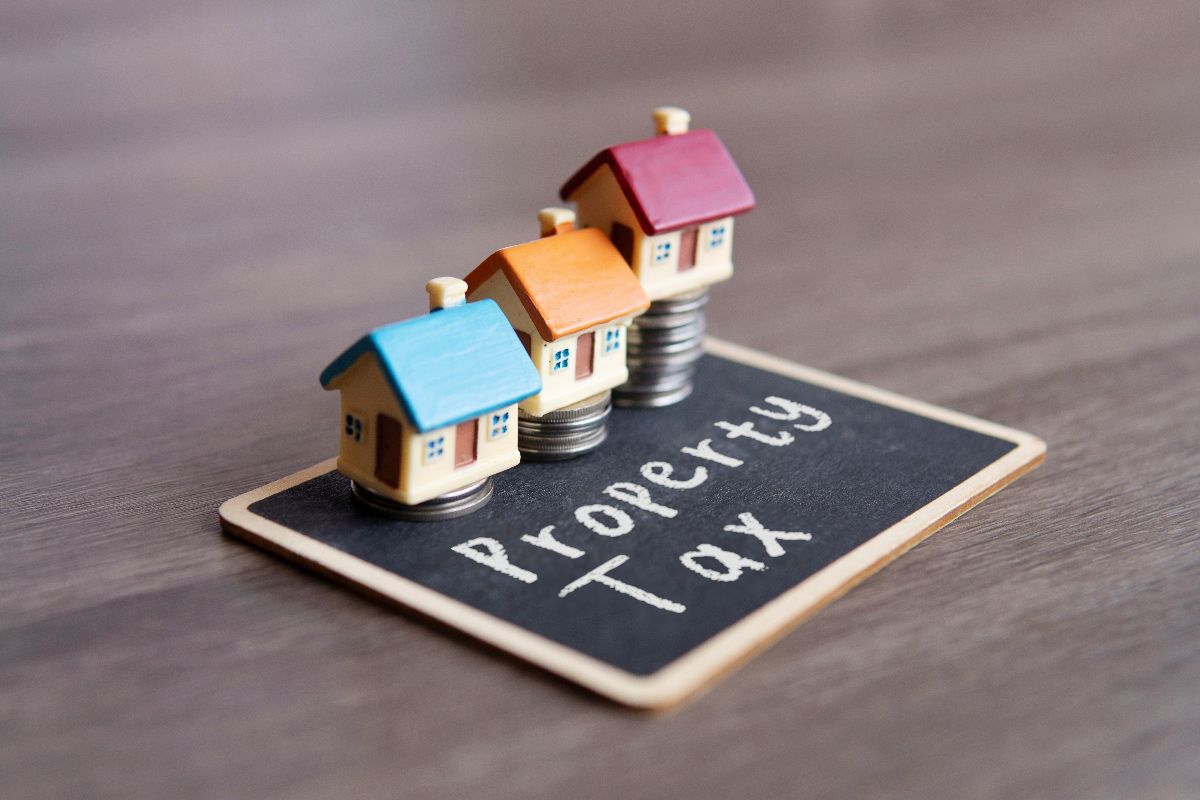Homebuying in the Philippines: What Documents You Need to Prepare
2025 Sep 12 | by Apple Barretto

What are the essential documents you need to buy a house in the Philippines?
- Deed of absolute sale
- Certificate authorizing registration
- Real property tax receipts or tax clearance
- Tax declaration
- Transfer certificate of title
Overview
- Buying a house in the Philippines requires several essential documents that ensure the legality and smooth transfer of property ownership.
- Each serves a specific legal function—confirming payment of taxes, verifying ownership, and ensuring the property is clear of liabilities. Valid government-issued IDs are also required.
- Trusted developers like Pueblo de Oro can streamline this process for buyers, helping minimize delays and ensuring proper compliance with Philippine real estate laws.
Buying your first home—or finding the right one for your growing family—is an exciting step, but it also comes with important paperwork that can be hard to navigate. For many first-time buyers and starter families looking beyond Metro Manila, understanding the legal requirements can feel like a challenge.
At Pueblo de Oro, we’re here to help simplify the process. As a trusted real estate developer, we believe that knowing what each document is for can give you the confidence to make informed decisions. In this guide, we’ll walk you through the essential documents you need to buy a house in the Philippines—so you can start your homeownership journey with clarity and peace of mind.
Important Reminder: Always Have a Valid Government-Issued ID Ready
Before you dive into the paperwork, make sure your valid ID is on hand. It’s a simple but essential step—legal transactions like signing the Deed of Absolute Sale or appearing before a notary public require proper identification. Without it, your purchase may be delayed or even deemed invalid.
As of June 2025, over 93 million Filipinos have registered for the Philippine National ID system (PhilSys), with more than 54 million physical ID cards delivered. This means that most Filipinos already have access to a valid government-issued ID that can be used for real estate transactions.
To avoid any issues, make sure your ID is current and reflects your legal name. You may present any of the following:
- Philippine Passport
- Driver’s License
- SSS Unified Multi-Purpose ID (UMID)
- Voter’s ID
- Philippine National ID (PhilSys)
Having this ready at the start will help move your homebuying journey along without unnecessary delays.
Deed of Absolute Sale

The Deed of Absolute Sale (DOAS) is a legal document that confirms the transfer of ownership from the seller to the buyer. It serves as the foundation for transferring the title and is a required document when registering the property under your name with the Registry of Deeds.
- For brand new homes, especially those from master-planned communities or developers like Pueblo de Oro, the developer typically prepares the DOAS once all financial and documentary requirements are completed.
- For pre-owned homes, the seller (or their legal representative) is responsible for drafting the DOAS, usually with the help of a lawyer or broker.
Before notarizing the document, double-check that all information is accurate. This includes the names of the buyer and seller, property location, agreed price, payment terms, and property description. Notarization is crucial, as it formalizes the document and makes it legally binding.
Once notarized, secure multiple certified true copies, which will be used for the title transfer, tax filing, and other documentary processes. For new developments, the developer may assist in issuing these, while for pre-owned properties, you may need to request them directly from the notary public or coordinating legal office.
Certificate Authorizing Registration
The Certificate Authorizing Registration (CAR) is issued by the Bureau of Internal Revenue (BIR) as proof that all taxes involved in the property sale have been fully paid. It’s a critical requirement for transferring the property title to your name. This applies to a brand-new home from a developer or a pre-owned home from an individual.
Before the CAR is released, several taxes must be settled. These include:
- Capital Gains Tax (usually shouldered by the seller for pre-owned homes, but sometimes negotiated)
- Documentary Stamp Tax (typically paid by the buyer)
- Withholding Tax (if applicable, especially in special transactions)
For brand-new homes, developers often assist in preparing the documents and filing the taxes, streamlining the process for first-time buyers. For pre-owned homes, the buyer and seller usually coordinate directly or through a broker, and the tax filing process may involve more manual steps.
To apply for the CAR, submit the following to the Revenue District Office (RDO) of the BIR where the property is located:
- Notarized Deed of Absolute Sale
- Valid government-issued IDs of both parties
- Tax Identification Numbers (TIN)
- Certified True Copy of the Title
- Tax Clearance Certificate and Tax Declaration
- Official Receipts for Capital Gains Tax and Documentary Stamp Tax
Processing the CAR typically takes 2 to 4 weeks, depending on the completeness of documents and volume of transactions at the RDO. Make sure to keep extra photocopies of all submitted documents for your records.
Real Property Tax Receipts or Tax Clearance

The Real Property Tax (RPT) is a yearly tax imposed by the local government on properties, and any unpaid dues can delay the title transfer or become the buyer’s responsibility. That’s why securing a Tax Clearance and reviewing the Tax Declaration are essential parts of the homebuying process.
For pre-owned homes, the seller must provide a Tax Clearance Certificate from the City or Municipal Treasurer’s Office. This certifies that there are no outstanding RPT payments. You should also request a copy of the latest Real Property Tax Official Receipt and the current Tax Declaration to ensure that property details—like the lot and building values—match the title. These documents help confirm the property’s assessed value and ensure transparency.
For brand-new homes, developers usually handle the RPT during construction and up until turnover. Upon turnover, request proof of the latest RPT payment and a Tax Clearance in the developer’s name to ensure the property’s tax obligations were fulfilled before transfer. While some developers automatically provide these documents, others may require you to request them from their customer service team.
Both Tax Declarations and Tax Clearance Certificates can be obtained from the Treasurer’s Office of the local government where the property is located. It’s best to call or visit the office to confirm requirements and processing timelines. Keeping copies of these documents ensures a smoother transfer process and helps protect you from future legal or financial issues tied to unpaid taxes.
Tax Declaration
The Tax Declaration is a document issued by the Local Assessor’s Office that shows the assessed value and classification of a property for real estate tax purposes. It is not considered proof of ownership but indicates who is responsible for paying the real property taxes. This document plays a key supporting role in securing loans, transferring titles, and verifying property information for both brand-new and pre-owned homes.
Before proceeding with a sale, always check that the information on the tax declaration matches the title—particularly the lot number, location, and registered owner’s name. Inconsistencies between the two can delay or complicate the transfer process.
For new developments, the initial tax declaration is usually filed by the developer once the property has been fully built and titled. Buyers may need to request an updated tax declaration under their name after the title has been transferred. In contrast, when buying a pre-owned home, the current tax declaration should already reflect the seller’s name, and part of the post-sale process involves having it updated to reflect the new owner.
To request a tax declaration under your name, visit the City or Municipal Assessor’s Office where the property is located and submit the following:
- Certified True Copy of the new Title under your name
- Notarized Deed of Absolute Sale
- Certificate Authorizing Registration (CAR) issued by the BIR
- Valid ID and Tax Identification Number (TIN)
- Previous Tax Declaration (for pre-owned properties)
Processing times vary by LGU, but it typically takes 1 to 3 weeks. Always request multiple certified copies for your records and submission to other government agencies during the homeownership transfer process.
Transfer Certificate of Title
The Transfer Certificate of Title (TCT) is the final and most crucial proof of ownership. Without it, you cannot legally claim the property as yours, even if you’ve paid in full and completed all other requirements. Once the TCT is transferred under your name, it confirms that you are the lawful owner of the land and any structure built on it.
The process starts by submitting the required documents to the Registry of Deeds. These typically include the notarized Deed of Absolute Sale, Certificate Authorizing Registration (CAR), and tax declarations, among others.
For brand-new properties, developers usually assist in this stage, especially in masterplanned communities, often completing the paperwork on your behalf once all dues and taxes have been settled. For pre-owned homes, you or your representative will need to handle the submission and tracking unless you’ve appointed a broker or legal aide.
It’s important to verify that the title contains the correct property details and reflects your full name accurately. Keep in mind that processing timelines can vary, usually taking a few weeks to a couple of months, depending on the Registry of Deeds in your area. Delays may happen, especially if there are discrepancies in the documents, so it’s best to double-check all information beforehand.
Key Takeaway
Understanding the essential documents to buy a house in the Philippines is key to ensuring your purchase is valid and legally recognized. Each one serves a specific role in securing your rights as a property owner.
With masterplanned communities backed by complete documentation, purchasing a home from Pueblo de Oro guarantees a smooth homebuying journey. Contact us today to take the first steps towards purchasing your new home.

 ESG Focus
ESG Focus
 Seller’s
Portal
Seller’s
Portal